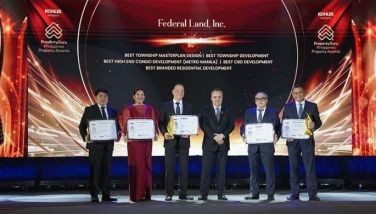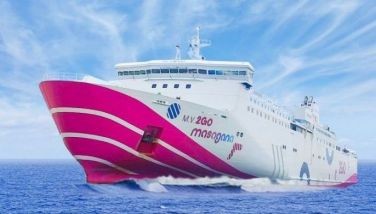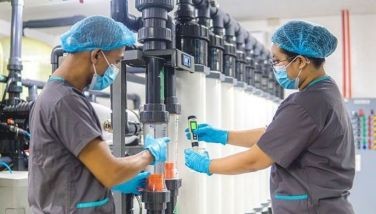More time, policies needed to shift to renewables – NEDA

MANILA, Philippines — The Philippines will need time and policies to transition to using fully or predominantly renewable energy (RE) to support the economy, the National Economic and Development Authority (NEDA) said.
On the sidelines of the Development Academy of the Philippines’ stakeholders appreciation dinner, NEDA Secretary Arsenio Balisacan told reporters that prices of renewables, particularly solar, are likely to fall with batteries to be used for storage seen to play an important role.
“But in the meantime that is not there, we really have to buy time and by time, meaning, we can’t force our country to transition quickly to a fully renewable or dominantly renewable (energy system) because our economy cannot afford that,” he said.
He said the country will have to be realistic in its approach and have policies that will support the shift to RE, while taking into account economic conditions.
“We have to work on policies, on a policy environment that quite reflects the conditions of our local economy,” he said.
Balisacan’s comments were made following data released by energy think tank Ember, which showed the Philippines has surpassed Indonesia and China in terms of reliance on coal-fired power to become the most coal-dependent country in Southeast Asia.
According to Ember, the share of coal in electricity generated in the Philippines last year rose to 61.9 percent from 59.1 percent in 2022.
This, despite the country’s goal to increase the share of RE in the power generation mix to 35 percent by 2030.
Unlike developed countries, Balisacan said the Philippines does not have the technology and funds to quickly transition to RE.
When the country committed to the energy transition, he said it was on the condition that it will have access to technology and finance.
“Many, not just us, developing countries have those issues,” he said.
While many developed countries have committed to help developing countries like the Philippines through access to technologies and climate finance, he said there has been slow progress in these areas.
“So that’s how we look at the problem. Our ability to meet our obligations is contingent on the commitments of others, our partners in development including developed countries,” he said.
Earlier, Aboitiz Power Corp. chief corporate services officer Carlos Aboitiz said the timeline for the Philippines’ energy transition should be longer than the average country, citing that it should be undertaken proportionate to one’s responsibility, capability and vulnerability.
- Latest
- Trending




























